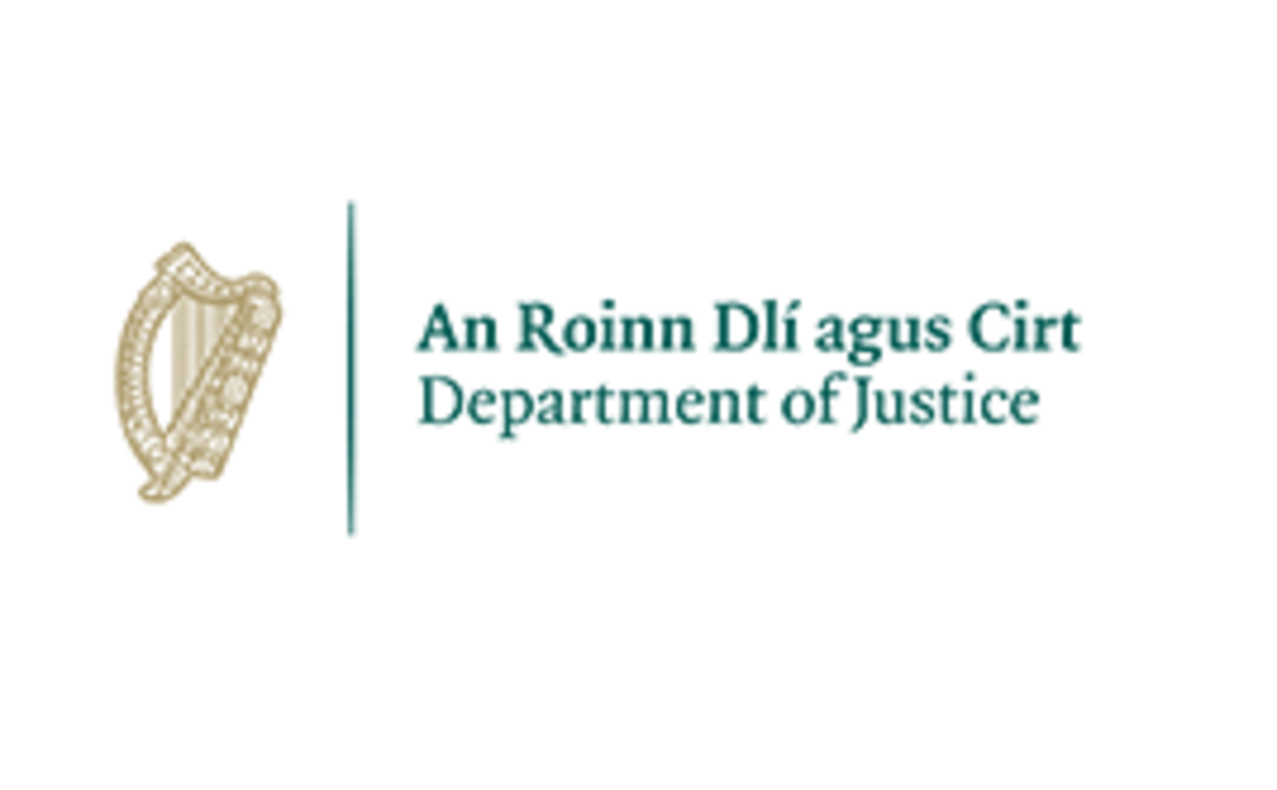The Department of Justice has issued a cautious response to proposals suggesting that Garda informants should be allowed to engage in criminal activity and that Gardaí should operate undercover within criminal gangs. The Department emphasized that such significant changes to law enforcement practices would need to be thoroughly examined and carefully considered before any potential implementation.
The proposals have gained attention following recent discussions on enhancing law enforcement’s ability to infiltrate and dismantle organized crime networks. While some officials and experts believe these measures could be crucial in tackling Ireland’s growing gang violence, the Department of Justice warned that introducing these changes would represent a major shift in policing policy and could raise serious legal and ethical concerns.
Potential Change in Garda Operations
Currently, the Garda Síochána operates under strict guidelines that prohibit officers from engaging in criminal activity or using informants who are involved in illegal behavior. However, under the new proposals, it is suggested that Gardaí might be permitted to allow informants to engage in minor crimes, such as the possession of drugs or weapons, in order to gain intelligence on higher-level criminal activities. This, in turn, would allow law enforcement to infiltrate gangs more effectively.
The Department of Justice acknowledged that the fight against organized crime has become increasingly complex, with gangs using advanced tactics to evade detection. However, they also stressed the importance of balancing effective policing with human rights protections and legal safeguards for both officers and civilians.
Careful Consideration Required
In a statement, the Department of Justice highlighted that the proposed changes would require detailed legal and operational analysis before any action is taken. “Such measures would represent a significant change in the way policing is conducted in this country,” the statement said. “As such, they require careful consideration, taking into account their potential impact on the rule of law and individual rights.”
This cautious approach follows concerns raised by both legal experts and human rights groups, who have pointed out that allowing Gardaí to engage in or condone illegal activity could lead to abuses of power, undermine the integrity of law enforcement, and pose a risk to public trust in the Gardaí.
Ethical and Legal Concerns
Critics have argued that engaging informants in illegal activities could potentially compromise the ethical standards of policing. Legal experts have warned that such tactics could open the door to entrapment—a situation where individuals are coerced into committing crimes they might not have otherwise committed.
Moreover, there is concern about the lack of oversight in such operations. While some have pointed to successful international examples of similar tactics being used in the fight against organized crime, including in countries like the United States, Canada, and parts of Europe, there is skepticism about whether such strategies would be as effective or appropriate in the context of Ireland’s legal framework.
The Irish Human Rights and Equality Commission (IHREC) has already raised its concerns, warning that increased use of informants and undercover operations could violate civil liberties if not carefully regulated. In particular, there are worries that such practices could disproportionately affect vulnerable communities or lead to discriminatory targeting of certain groups.
Looking Forward: A Comprehensive Review
The Department of Justice has committed to undertaking a comprehensive review of the proposed changes, engaging with law enforcement, legal experts, and human rights organizations to assess the implications of such a shift. The review will examine the effectiveness, safeguards, and potential risks associated with allowing informants to engage in criminal activity and expanding undercover operations within criminal gangs.
While acknowledging that law enforcement needs to adapt to changing criminal tactics, the Department of Justice reiterated that any new approach must be transparent, accountable, and in line with Ireland’s legal and human rights obligations.
Conclusion
The debate over whether to allow Garda informants to engage in criminal activity and expand undercover operations is part of a broader conversation on law enforcement reform in Ireland. As organized crime continues to pose a significant threat to public safety, the Government must carefully balance the need for effective policing with fundamental rights and ethical standards.
Until the comprehensive review is completed, any implementation of the proposed measures will remain on hold, with the Department of Justice urging caution in making decisions that could have far-reaching consequences for both law enforcement and Irish society as a whole.
References
- Department of Justice (Ireland) Press Statement: The Department of Justice issued a statement detailing its position on the proposal to allow Garda informants to engage in criminal activities and the expansion of undercover operations within criminal gangs. Department of Justice Website.
- Irish Times Report on Garda Operations: In a recent report, the Irish Times covered the growing concerns regarding organized crime and the proposed policing changes in Ireland. It examines the ethical and legal implications of allowing informants to engage in minor crimes. Irish Times.
- Human Rights and Ethical Concerns: The Irish Human Rights and Equality Commission (IHREC) has raised concerns about the potential human rights implications of these proposed changes. See the full statement by IHREC on the issue. IHREC Official Statement.
- International Perspectives on Undercover Operations: Comparative analysis of how similar measures have been implemented in other jurisdictions like the United States, Canada, and the EU, and the lessons learned. BBC News Report on Undercover Policing.
- Legal Experts Weigh In: Legal experts have expressed concerns over the possible legal implications of allowing Gardaí to condone illegal behavior by informants. For more on the legal debate, see recent expert analyses in RTE News.



